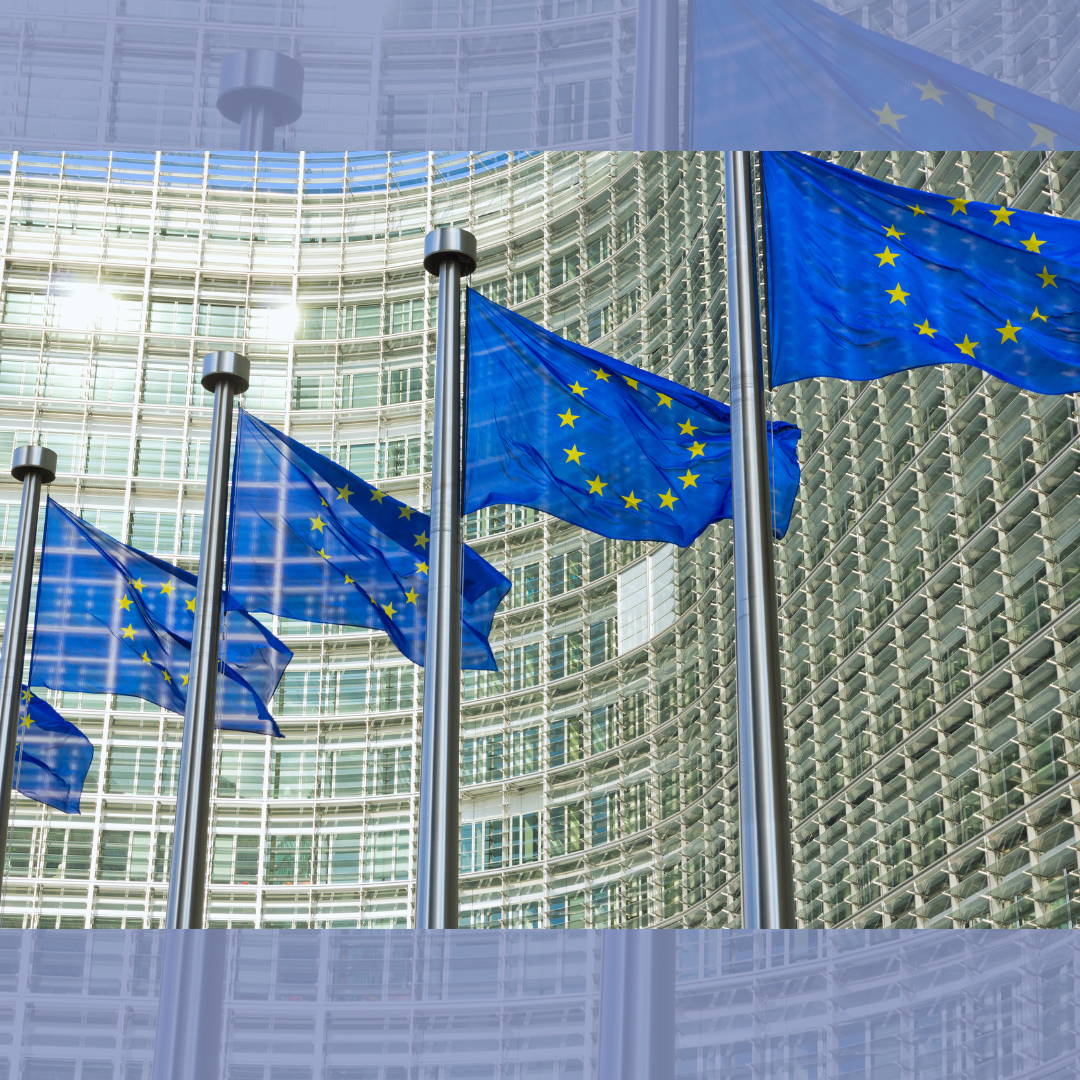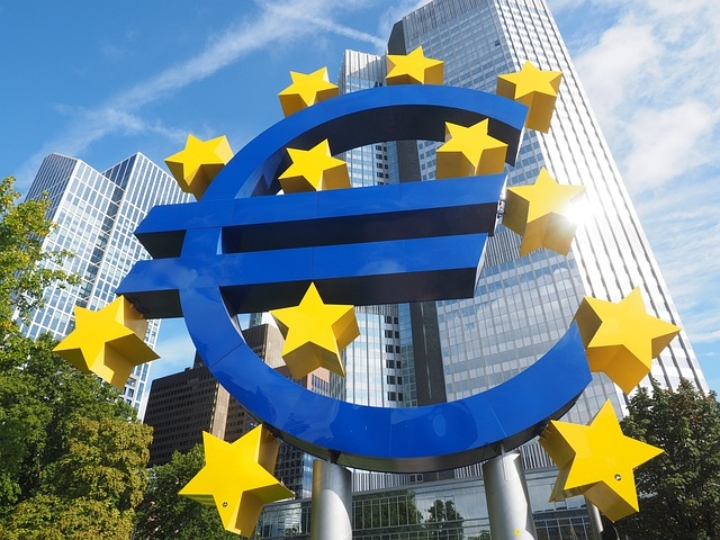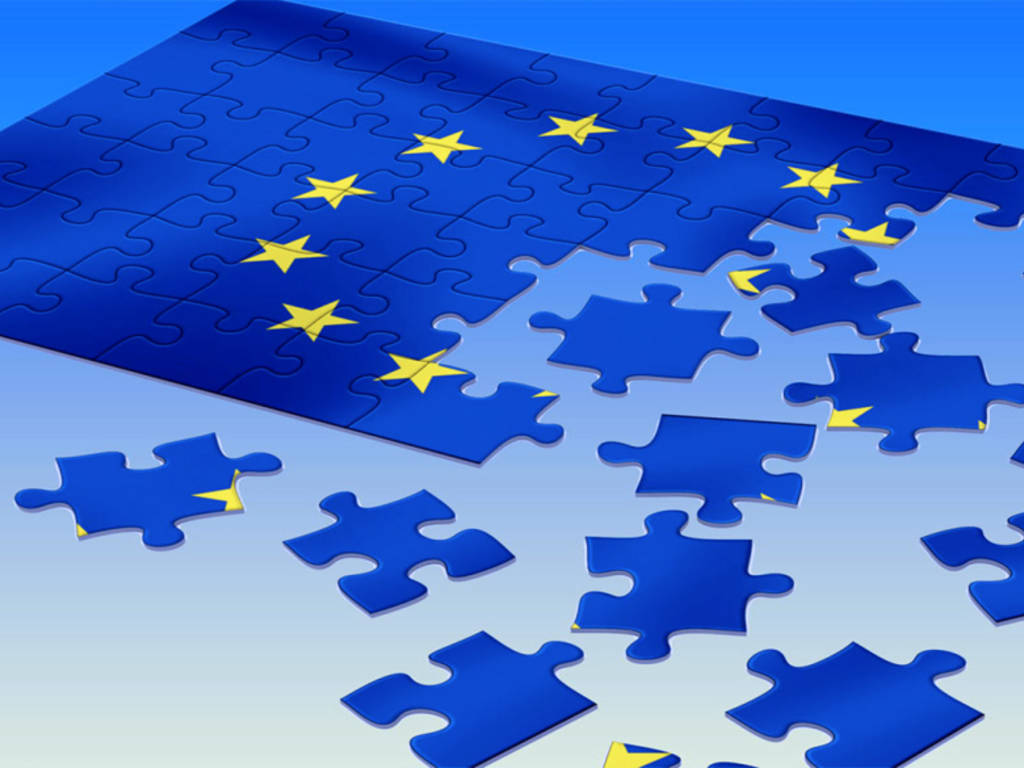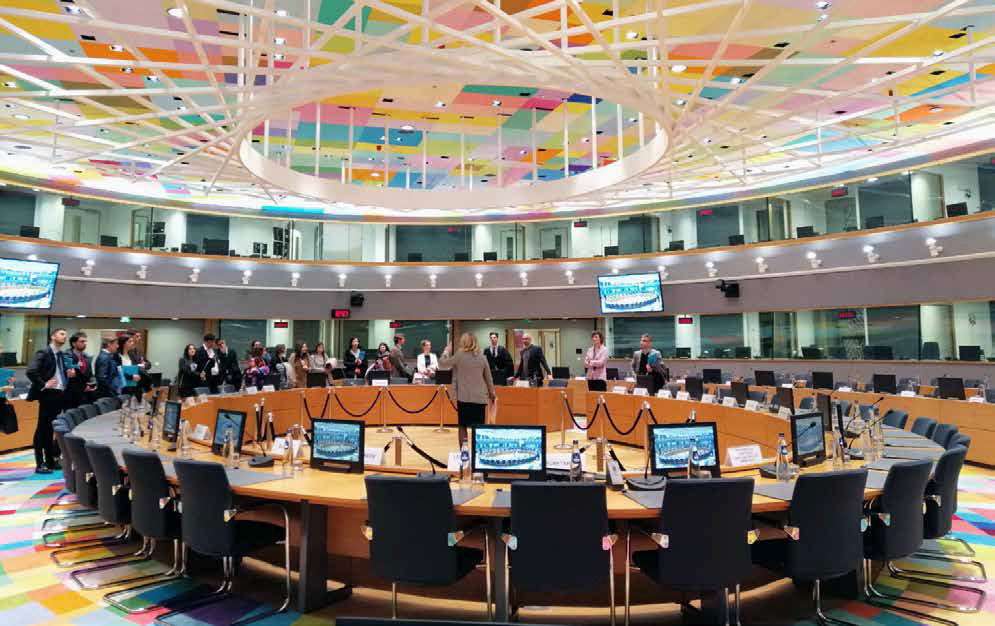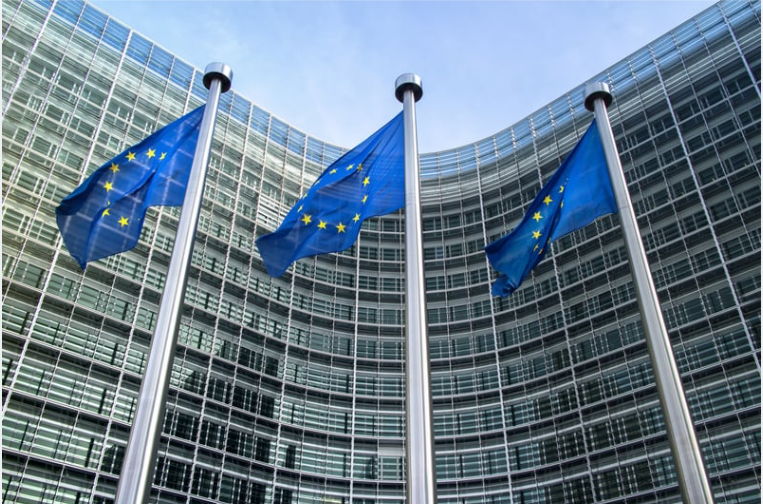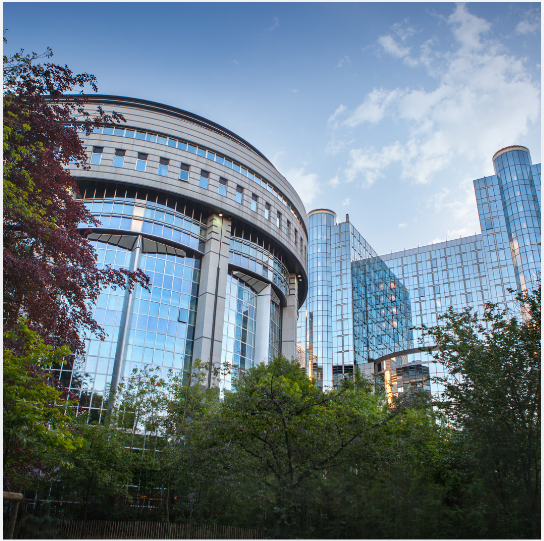Di Alfredo De Feo
Quando si vive una vita normale, fatta di preoccupazioni quotidiane, bambini, salute necessità di risolvere gli inevitabili problemi, piccoli e grandi, è difficile concentrarsi su quanto avviene nel mondo, le strategie geopolitiche, i rischi per la nostra economia quindi per il nostro stile di vita ed il nostro benessere, per il futuro dei nostri figli. È difficile ma dobbiamo farlo.
Per lunghi decenni, la coesistenza tra i paesi si è basata su una serie di principi basilari: il rispetto della democrazia e dell’autonomia dei vari paesi, il rispetto delle regole internazionali, il non uso della forza per risolvere tensioni, la promozione di un commercio mondiale sempre più libero e senza barriere doganali che aumentasse il benessere dei cittadini in modo generalizzato. Il tutto garantito da una serie di organizzazioni internazionali.
Ci piaccia o no, la guerra scatenata dalla Russia contro l’Ucraina nel febbraio 2022 ha innescato una svolta negli equilibri del mondo. Le tensioni in Medio-oriente, al confine sud dell’Europa, hanno aggravato la situazione.
L’insediamento di Donald Trump alla Casa Bianca, nel gennaio 2025, ha portato un ulteriore scossone all’equilibrio mondiale, con un forte impatto sull’Europa ed i suoi Stati. Non ho bisogno di enumerare i proclami ed i contro proclami del Presidente Trump e del suo cerchio ristretto. I governi europei devono affrontare le sfide e prendere delle decisioni difficili, sapendo guardare al medio-lungo termine, piuttosto che ai sondaggi immediati ed avere la capacità di spiegare ai cittadini il senso di scelte che possono apparire nel breve termine impopolari.
Il mandato all’unanimità dato dagli Stati e dalla maggioranza del Parlamento europeo è un primo segnale che l’Europa è pronta a stare unita e cominciare a creare delle sinergie in materia di difesa. L’altro aspetto positivo, che traspare dal libro bianco, è che si comincia a costruire qualcosa partendo dagli Stati, con l’obiettivo di coordinare meglio la produzione e gli acquisti di materiale bellico, sviluppare una condivisione di informazione dei servizi di intelligence nazionali, lo stesso vale per la tecnologia le comunicazioni e cosi via.
Una buona parte di queste iniziative, che vedremo meglio solo quando saranno presentate le proposte, saranno finanziate con debito comune garantito da tutti gli Stati. Sull’esempio di quanto fatto con il Next Generation EU. Questo piano, favorito dall’ allentamento delle regole del Patto di Stabilità, dovrebbe a termine consentire agli Stati Europei di essere più autonomi nella difesa del proprio territorio e dei propri valori, una prima risposta al disimpegno americano dalla difesa dell’Europa.
A questo, si deve segnalare la svolta in atto in Germania dove, sotto la guida del futuro cancelliere, Friederich Merz, sarà votata una riforma costituzionale per sopprimere il limite di spesa per finanziare spese legate alle infrastrutture all’ambiente ed alla difesa. Una vera e propria rivoluzione.
Seconda emergenza, quella del commercio. Il Presidente Trump ha iniziato ad introdurre dazi su molte merci importate, dando vita alle ritorsioni da parte dei paesi colpiti, creando di fatto un forte impoverimento dell’economia dei paesi (Europei e non) colpiti. Difficile dire a questo stadio tali dazi siano l’obiettivo finale del Presidente americano o solo una strategia negoziale, ma nei due casi questi atteggiamenti richiedono delle prese di posizione da parte dell’Europa, altrettanto forti. Con posizioni forti e decise sarà d’altra parte più facile negoziare.
Difficile dire se i leader europei sapranno essere solidali tra di loro nell’interesse di difendere la sovranità nazionale ed europea. È una grande opportunità ma non è sicuro che tutti sappiano coglierla. D’altra parte va ricordato che i Trattati europei prevedono la possibilità di portare avanti azioni con la cosiddetta “cooperazione rafforzata” (con la partecipazione di almeno nove stati) o in ultima analisi, attraverso accordi tra gli Stati, al di fuori del quadro giuridico dell’Unione Europea, come per esempio stanno facendo Francia ed Inghilterra per garantire il sostegno all’Ukraina (la coalizione dei volenterosi).
Per concludere, l’opinione pubblica dovrebbe essere cosciente che le sfide che abbiamo di fronte non riguardano gli altri ma noi stessi, la nostra libertà i nostri valori, non vogliamo lasciare ai nostri figli la scelta se vivere da sudditi americani o sudditi cinesi o russi ma di essere orgogliosamente europei con le nostre identità nazionali. Può essere motivo di ottimismo sapere che la generazione Erasmus è più avanti e questo lo ha già assimilato.
Pubblicato sulla Gazzetta di Parma 18 Marzo 2025






